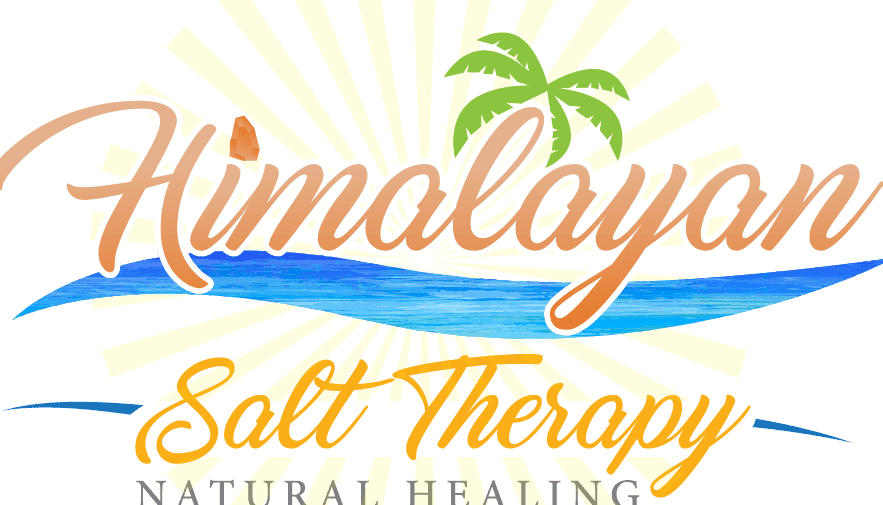
FAQs on Dry Salt Therapy

HOW LONG IS A TYPICAL DRY SALT THERAPY SESSION?
Depending on the size of the salt room or salt chamber, as well as the number of people, sessions can last anywhere from 10 to 45 minutes.
HOW SHOULD I DRESS FOR A DRY SALT THERAPY SESSION?
Loose, comfortable, light-colored clothing that you can relax in works best. If you are using Dry Salt Therapy for a skin condition, you'll want to have that area exposed. Since salt is dry, it can be easily brushed off. There is no concern if salt gets in your eyes or hair.
HOW MANY SESSIONS DO I NEED? HOW OFTEN?
Based on your condition and symptoms, this can vary. For best results, we recommend a series of treatments. Some individuals prefer to use Dry Salt Therapy as a continuous preventative measure.
ARE THERE ANY SIDE EFFECTS OF DRY SALT THERAPY?
There are no harmful side effects of Dry Salt Therapy. The treatment is completely natural. A slight cough or a runny nose is possible, and some people might experience a mild tickle in the throat or an increase in coughing due to excess mucus buildup, but this is simply an indication the salt therapy is working to remove mucus and toxins from the lungs and airways.
IS DRY SALT THERAPY SAFE? FOR CHILDREN?
Dry Salt Therapy is completely safe. It is a 100% natural, drug-free, non-invasive wellness ritual with no side effects or potential health hazards. If an individual has any questions or concerns regarding any current medical or other condition, please consult with your healthcare professional
For children, Dry Salt Therapy is not only safe, but it is a highly recommended natural treatment. There are no harmful side effects.
The treatment is suitable for children of any age (as young as one-month-old). Children, in fact, respond to the therapy even more quickly than do adults. During a Dry Salt Therapy session, children play with toys, read books, and interact with other children.
WHAT ABOUT THE CONCERN THAT SALT IS BAD FOR YOU?
Some people are concerned about the intake of salt because of issues relating to diet, high blood pressure, and hypertension. This type of salt intake is connected to the digestive tract. Dry Salt Therapy is different as it is associated with the respiratory system. When inhaled, the amount of micro salt particles entering your respiratory system is extremely low, so it doesn't present any risk to your health. It kills bacteria, reduces inflammation, and expands airways.
WHAT TYPE OF SALT IS USED?
Not all salts are created equal. Only 99.99% Pure Grade Sodium Chloride (salt) is to be used with halogenerators, which are the machines that crush and grind the salt into microscopic particles and disperse into the salt room, salt cave, or salt chamber. All the clinical studies and research for halotherapy involve only using 99.99% Pure Grade Sodium Chloride. This salt comes from the earth and seas but goes through a process eliminating and removing all debris and contaminants. It is not processed with any additives or caking agents such as table salt. Other types of salts are often used as a décor element such as Himalayan salt, but only 99.99% Pure Grade Sodium Chloride is used in the halogenerator.
Credit: Salt Therapy Association
Get in Touch
By submitting, you agree to receive text messages at the provided number from Himalayan Salt Therapy. Message frequency varies, and standard message and data rates may apply. You have the right to OPT-OUT receiving messages at any time. To OPT-OUT, reply "STOP" to any text message you receive from us. Reply HELP for assistance.

